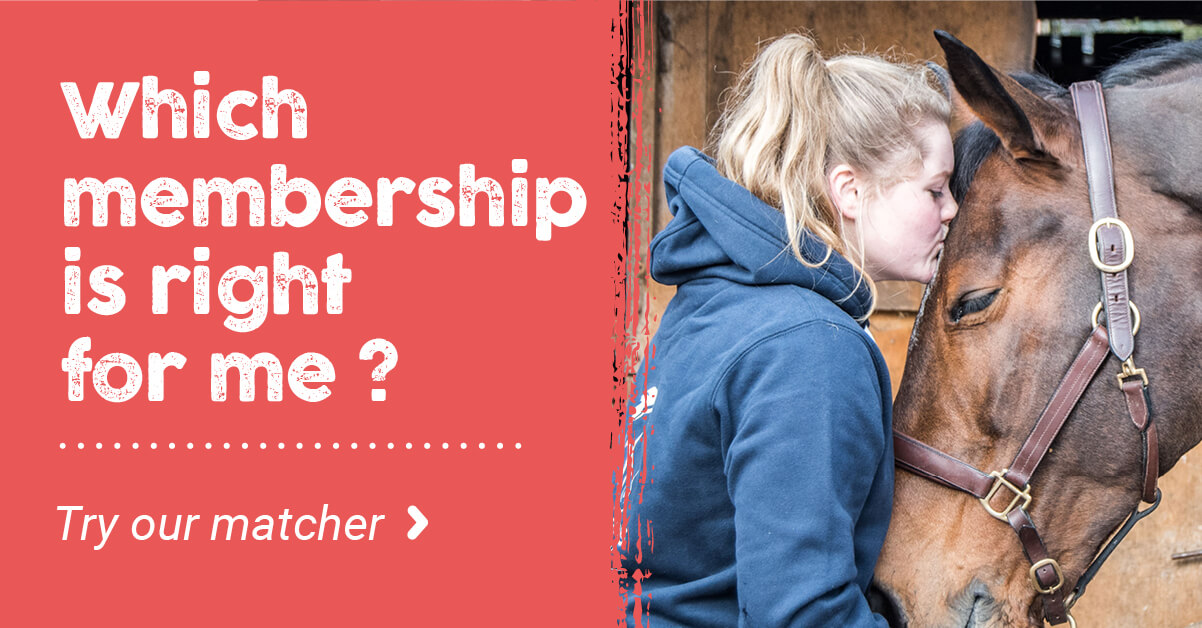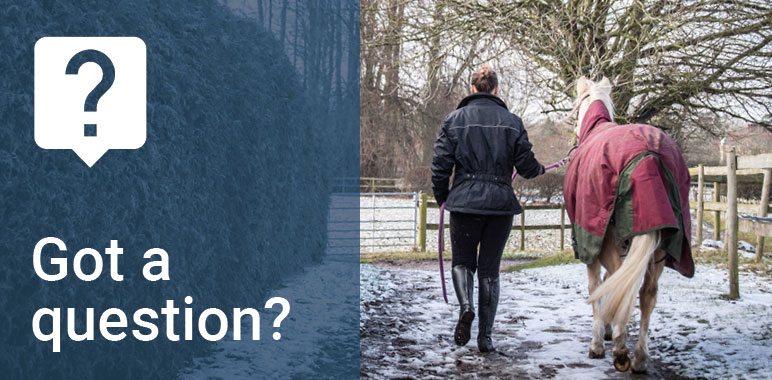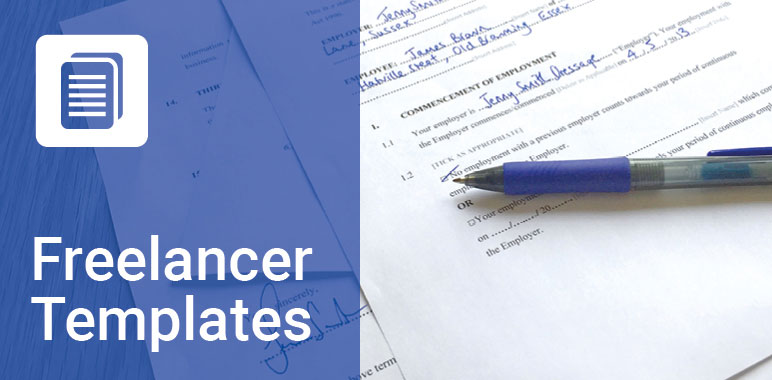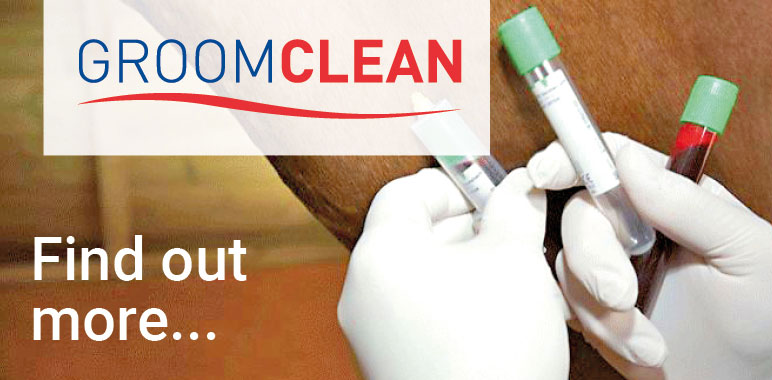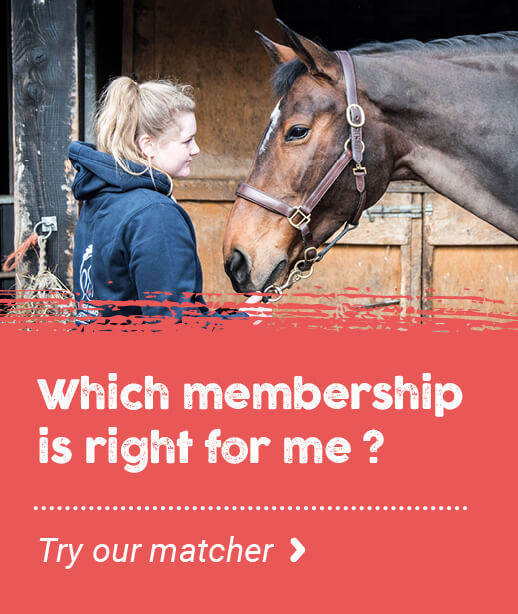- Join Now
- Login
- Member Zone
- Your Career
- Freelancing
- International Grooms Association
- BGA Training
- Healthy Yard Healthy Horses
- Transporting horses
- Brexit
- Safe workplace
- Student Zone
- Member Discounts
- BG Magazine
- Member services
- Training & Careers
- BGA CV Creator
- Horse groom training
- Where to Train
- BGA E Learning
- Career choices
- Change to Racing
- First Aid training for grooms
- Parents
- Grooms Jobs
- Grooms Life
- About
- News
- Contact


Having the correct employment status is extremely important. A failure to do so could result in tax liabilities for your employer as well as potentially you too. As an employee you are entitled to employee rights such as national minimum wage, paid holiday and statutory sick pay. With the incorrect employment status, you would be missing out on these; which incidentally are not a privilege, it is the law for you to receive them. Lucy Katan, BGA Executive Director, answers some of the most common confusions: The answer to ‘who cares?’ is firstly the HMRC. It will want to make sure the correct tax payments are being received (that is, the appropriate National Insurance contributions and PAYE) and because a freelancer can claim more expenses against any potential tax liability, the HMRC will also scrutinise expenses claims. The second ‘who cares?’ is you. If a freelancer is not considered genuinely self-employed but actually is, to all intents and purposes, an employee, then they will have a load of legal statutory rights from protection from dismissal to maternity rights, minimum wage rights and so on. No one can tell you that you are of self-employed status. This is a decision that only you can make – as a self-employed individual you are essentially running your own business. No, this is incorrect. Look at in another way: You work the morning shift in McDonalds, the lunch shift in Pizza Hut and the evening shift in KFC. Are you self-employed in these 3 places or in fact an employee of all 3? It is the nature of the relationship that determines if someone is an employee/worker or self-employed. If there were to be a dispute, an Employment Tribunal will look at what happens in practice. None. They are the same thing. Self-employed is the employment status of a freelance groom. Incorrect. Just because you pay your own doesn’t mean that you are self-employed. It is one of the most common mistakes seen. Watch this great webinar from the HMRC to learn more (you will have to register your name and email address but this just acts as an access to view. You will not be contacted). As an employee or worker, you will work for an employer. As a self-employed individual (freelancer/freelance groom) you will provide services to your clients. There is nothing to prevent a yard from advertising for a freelance groom. This term has no legal status but suggests that the individual will be self-employed. For a truly self-employed person, it may be more common for them to ‘advertise their services’. As per many BGA members do on the Freelancer Adverts A contract of service is a contract of employment so this should not be signed by the parties if you are truly self-employed. A contract for services is a contract signed by a self-employed person. It does not matter who prepares the contract but what it says and what happens in practice. A business may have additional tax liability as well as liability for national minimum wage, holiday pay, sick pay and unfair dismissal compensation. There is also the risk of bad publicity. It seems unlikely but it would depend on the exact nature of the working relationship (see above). For more support, advice and to join thousands of like- minded grooms join us today from just £21.50 per year. What's my employment status and why does it matter?
16th November 2018

Who cares? Does it matter?
Being told you are self employed
If I work for more than one person, I must be self employed
The difference between a freelancer and self employed
I pay my own tax and National Insurance so must be self-employed
Employer v’s Client
Can a yard advertise for a freelance groom?
I am a freelance groom – one of my clients is making me sign a contract of services. Should I sign this?
What are the consequences for an employer or business owner for getting it wrong?
I have seen a position advertised that says “Freelance groom wanted, five days per week, all usual stable duties and good pay.” Would this really be a freelance groom position?
BLOG ARCHIVE
- 2026 (3 ENTRIES)
- 2025 (14 ENTRIES)
- 2024 (52 ENTRIES)
- 2023 (60 ENTRIES)
- 2022 (35 ENTRIES)
- 2021 (24 ENTRIES)
- 2020 (19 ENTRIES)
- 2019 (45 ENTRIES)
- 2018 (36 ENTRIES)
- 2017 (7 ENTRIES)
What the personal accident policy covers you for:
- Whilst at work
- All stable duties – mucking out, grooming, washing off, turning out
- Clipping
- Riding – including hacking and jumping
- Hunting
- Lunging
- Breaking in
- Holding horse for a vet and other procedures
- Travelling horses both in the UK and abroad
- Competing in line with your job including: jumping, dressage, eventing
- Injuries that may happen to you whilst you are teaching - but you must also be grooming as part of your duties and not be a sole instructor
What the personal accident policy doesn’t cover you for:
- Riding in a race, point to point or team chase
- Stunt Riding
- Accidents occurring whilst travelling to and from work
- Riding and competing your own horse (but you can upgrade when applying for membership to include this)
- Public Liability – this is a separate insurance policy - the Freelance Groom Liability Insurance
- Care Custody and Control – this is a separate policy - the Freelance Groom Liability Insurance
If you require additional cover then please contact KBIS directly.
| GROOM | RIDER | EMPLOYER | |
|
When you are working for other people you do most of the following; muck out, turn out/catch in, tack up, groom horses, exercise Horses (including hacking, jumping and schooling), in the care of your employer/client. |
|
|
|
| Predominantly ride horses for other people including schooling, exercising and competing. | NO |
YES |
YES |
| Provide grooming services for someone else either full time or on a freelance basis i.e. an employer or a client. | YES |
NO |
NO |
| Employ staff – have an employers liability policy in your name | NO | NO | YES |
| Buy and sell horses | NO | YES | YES |


